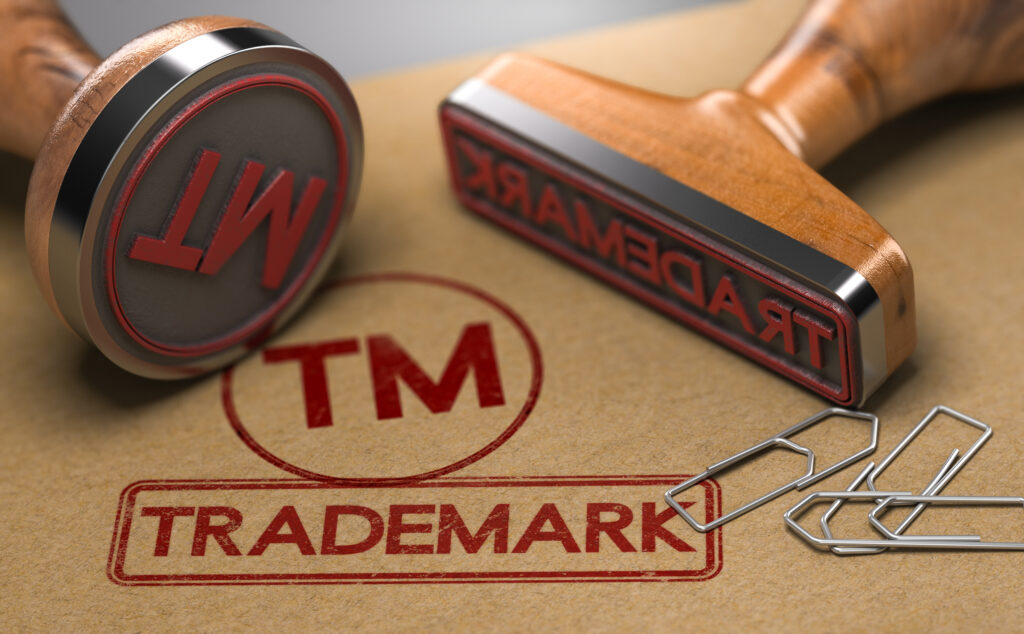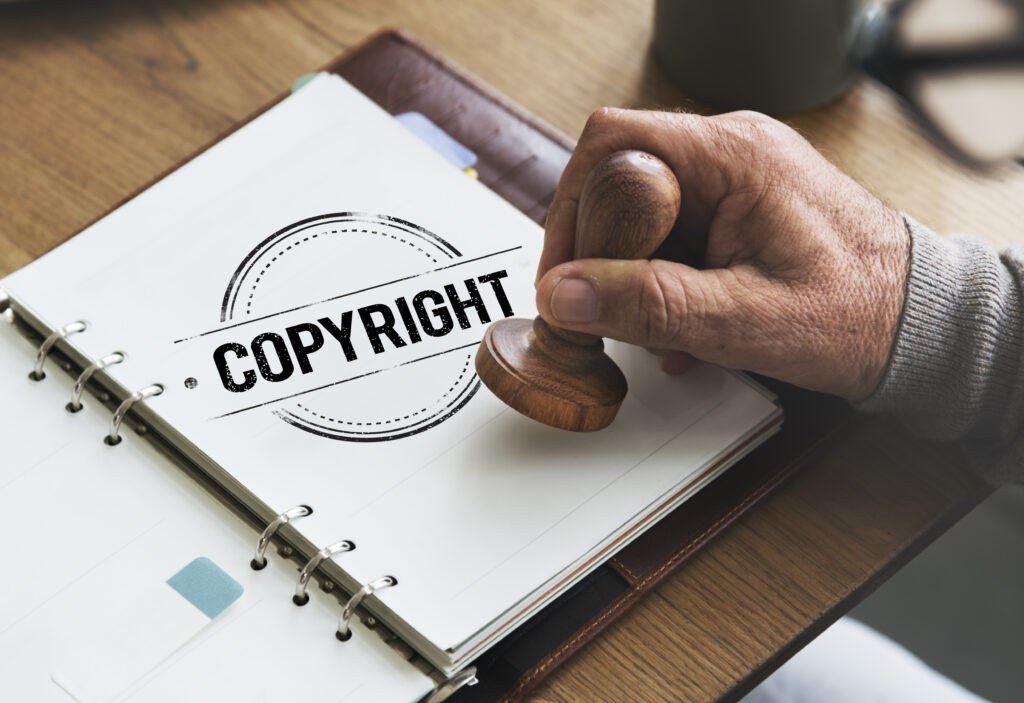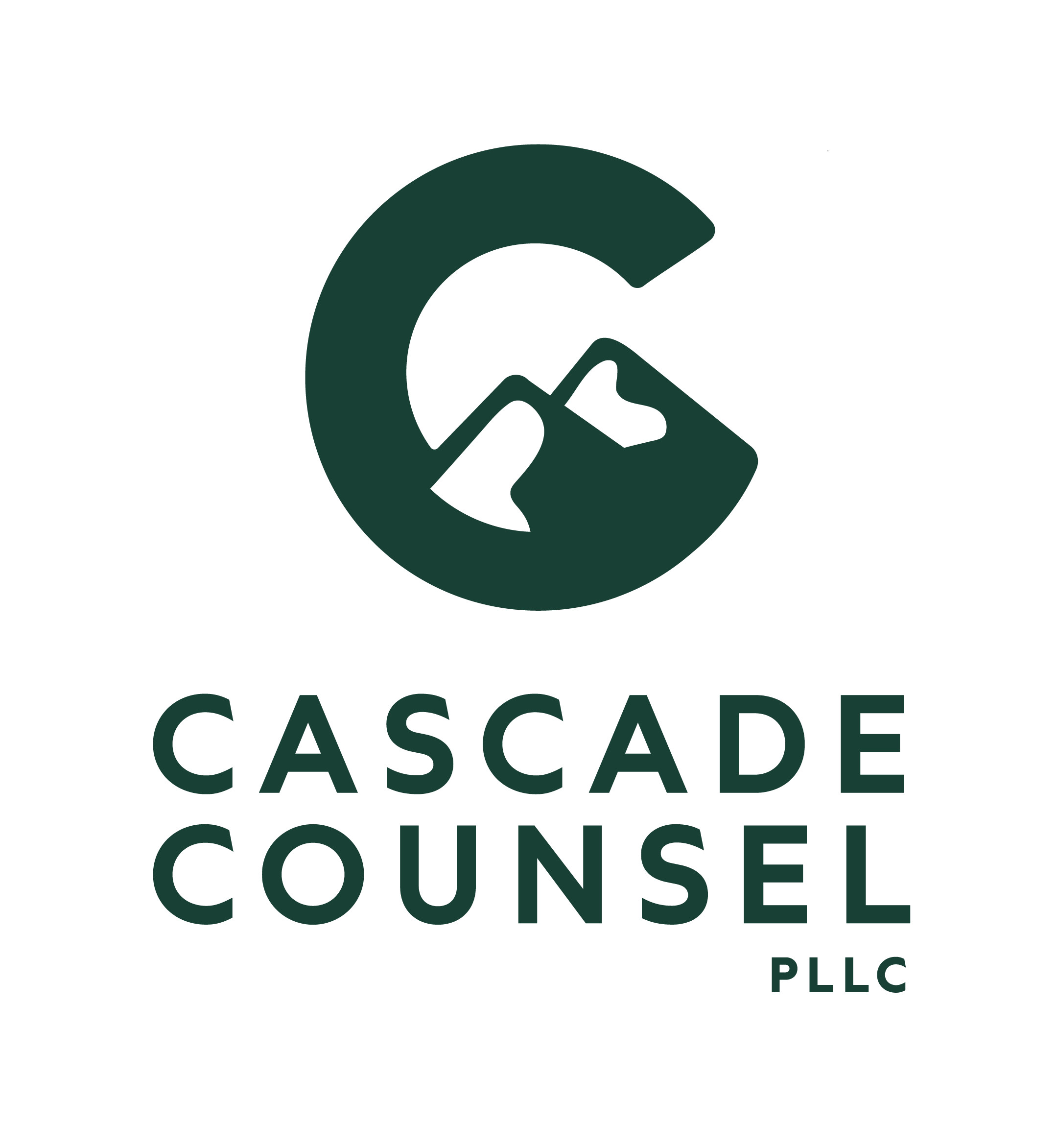Copyright and Trademark
Protecting Your Ideas and Assets: A Guide for Small Business Owners
Leverage the right legal tools to secure your brand, creative content, trade secrets, and digital presence.
If you’re a small business owner, your competitive edge often comes from more than just your products or services—it lies in your ideas, branding, and unique customer experience. This guide breaks down key intellectual property protections available to small businesses, including trademarks, copyrights, trade secrets, and more. We also introduce other important considerations, like how AI-generated content fits into copyright law, and when you may need to consult a patent specialist. Understanding your options can help ensure your business assets stay secure and enforceable.
Intellectual Property Protections
When protecting your intellectual property, it’s common to wonder whether you need a trademark, a copyright, or both. Each serves a different purpose and may be appropriate at different stages of your business’s development. Trademarks identify your brand and help prevent consumer confusion. Copyrights protect your original creative works from unauthorized use. Both can be valuable tools to safeguard your business. Other tools like trade secrets, domain rights, and licensing strategies may also play a critical role, depending on your business model.
Understanding Trademarks, Copyrights, and Domain Names
Trademark
A trademark identifies the source of goods, while a service mark identifies the source of services. Both are generally referred to as “trademarks” and are regulated at both the federal and state level. You can register a trademark with the USPTO (for national protection) or through Washington’s Secretary of State (for in-state protection). Federal registration gives broader enforcement power, especially in interstate commerce, but first use in a specific geographic area can still give you common law rights even without registration.
Trademarks can include names, slogans, logos, or even distinctive features of a product or packaging—known as trade dress. Trade dress may cover visual appearance or overall presentation that distinguishes your brand, such as the look and feel of a storefront or the layout of a product’s packaging.
Common law rights can provide some protection but are often harder to enforce without formal registration. The earlier you use and register a distinctive mark, the stronger your legal rights. Trademark protections are fundamentally territorial and prioritized by first-in-time use, so it’s critical to act early and consistently.


Copyright
Copyright protects original, fixed creative expressions—anything from a marketing jingle to a software codebase. It does not protect ideas themselves, only their specific expression. Copyright registration isn’t strictly required to have rights, but it is required to sue for infringement and to recover statutory damages and attorney’s fees.
Common copyrighted business materials include:
- Website content and images
- Product manuals and guides
- Promotional videos and brochures
- Logo designs and music tracks
Registering your work ensures you’re able to enforce your rights if someone copies or misuses your content.
Domain Name
For businesses with e-commerce or strong online marketing components, domain protection is especially critical. A domain name is your website’s address but doesn’t by itself confer intellectual property rights, the reverse can hold true too. If your domain is part of your branding, you may also want to seek trademark protection. It’s also worth monitoring for cybersquatting, where someone registers a domain similar to yours to create confusion or extract payment.

Why Copyrights, Trademarks are Important
These legal protections are essential for preventing others from taking advantage of the reputation or creativity you’ve built. By registering a trademark, you gain the ability to stop competitors from using similar names or logos. With copyright, you control how your original content is used.
Trademark
With a registered trademark, you can take legal action if another business uses your mark without permission. Enforcing your rights helps you maintain a strong brand identity and build trust with your customers.
Copyright
Copyright ownership grants you control over your work’s reproduction, adaptation, and distribution. You also have the right to license it to others, adding another potential revenue stream for your business.
Applicability to Small Businesses
Even if your business is just starting out, protecting your IP can help you avoid costly legal disputes later. Common business assets that may qualify for protection include:
- Business and product names
- Logos, taglines, and packaging
- Blog posts, guides, videos, and designs
- Online content and marketing collateral
- Proprietary processes or checklists
Investing in IP protection early can help you build value and deter infringement down the road.
Trade Secrets and Confidential Information
Some of your most valuable business information may not be publicly registered. Trade secrets—such as formulas, supplier arrangements, and internal processes—derive their value from being confidential. If disclosed, that value can evaporate. But the very foundation of trade secret protections requires reasonable efforts have been made to maintain confidentiality, and enforcement often hinges on clear documentation to establish this.
Client lists, marketing strategies, pricing models, and vendor relationships can also be protected if treated as trade secrets. Protection generally requires you to take “reasonable steps” to keep the information secret, like using NDAs, limiting access, and maintaining good data hygiene.
Patents: A Specialized Area
Unlike trademarks or copyrights, patents protect inventions and functional processes. There are three primary types: utility patents, design patents, and plant patents. If you’ve developed a novel product, process, or method of doing business, you may need patent protection—but this is a highly specialized field.
Cascade Counsel does not handle patent applications directly, but we’re happy to refer you to qualified patent counsel and assist with coordination to ensure your broader IP strategy is cohesive. Note, even if you pursue patent protection independently, it’s wise to coordinate your trademarks, copyrights, and trade secrets as part of a unified intellectual property strategy. Consider asking your patent counsel about how patents fit into this bigger picture.
Copyright and Artificial Intelligence (AI)
This area is rapidly evolving, with courts and regulators still shaping how AI-authored content is treated under copyright law. As AI-generated content becomes more common, the boundaries of copyright law are being tested. Currently, U.S. law requires a human author for copyright protection. One big issue facing artists and small business owners is that content created solely by AI—without meaningful human input—may not qualify for any protection. However, works involving human-guided prompts or edits may still be eligible for some protection. If your business uses AI for content creation, we can help evaluate whether those materials are protectable and how best to structure your rights and agreements.
Disclaimer
This article is provided for informational, educational, and marketing purposes only and does not constitute legal advice. The content is current as of its publication or last review and may not reflect the latest legal developments. Do not rely solely on this information—consult a qualified attorney regarding your specific situation.
Secure Your IP with Cascade Counsel
Your ideas, brand, and confidential information are among your most valuable business assets. Cascade Counsel helps you identify what’s worth protecting and how to do it effectively. Whether you’re registering your first trademark, updating your employee agreements, or seeking guidance on trade secrets, we’re here to help you protect your intellectual property with confidence. Schedule your consultation today and take the first step toward securing your intellectual property with confidence.
